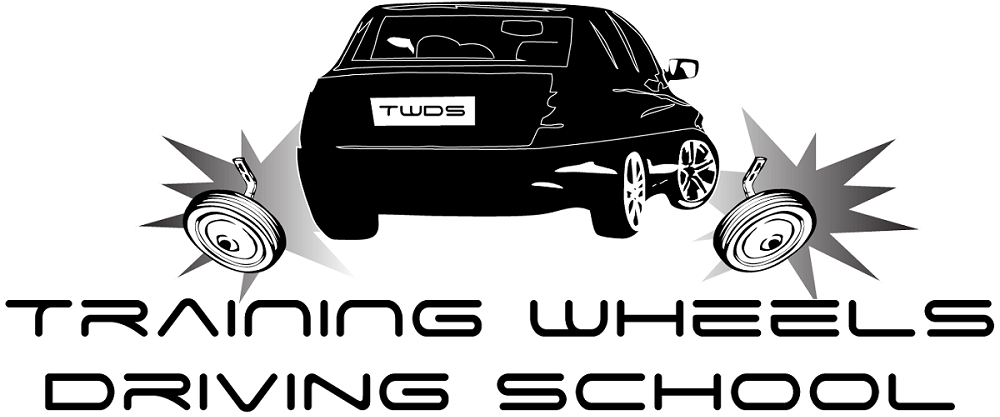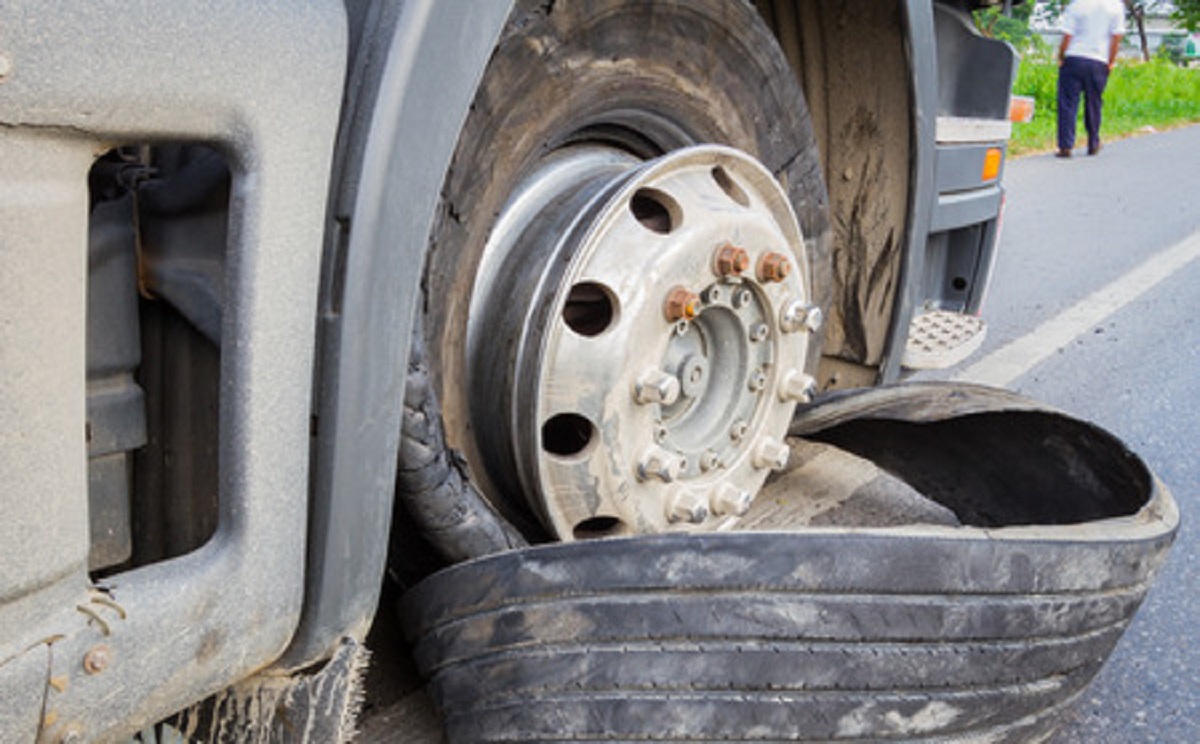Tire blowouts can happen at the most inconvenient times, but knowing how to handle them can make one much easier to handle and much safer. While vehicles have improved and fewer tire-related crashes happen, tire blowouts lead to roughly 11,000 crashes and 200 deaths each year. Though they happen less nowadays, you should learn how to handle them by using the following suggestions.
How a Blowout Sounds and Feels
When a tire blows out, you’ll likely hear several distinct sounds, starting with a loud bang when the tire pops. Then, while driving you may hear the air escape as the tire deflates, specifically a whooshing sound. Finally, you’ll hear repeated flopping or flapping from the tire hitting the road. When the tire initially bursts, you’ll feel it reverberate throughout the car. If the blowout is in the front, you may feel the difference in your steering wheel. If it’s in the back, you may feel it more in the seat or in the body of the car. No matter where the damage is located, remain calm and stay in control.
What to Do During the Tire Blowout
In the event of a tire blowout, keep a firm grip on the wheel. Whatever you do, don’t slam the brakes. Instead, let the car slow down gradually and pull to the side of the road once you get down to a safe speed. Before getting out of the vehicle, put on your emergency flashers and put out reflective cones if you have them.
What to Do After the Tire Blowout
Only exit the vehicle if you’re certain you’re safely off the road and out of harm’s way. If you are stuck in an area too close to traffic or just feel unsafe, call roadside assistance. However, if you can change the tire yourself and can put on a spare, remember that spares are only for emergencies, and they shouldn’t be used for long distances or high speeds.
Preventing a Tire Blowout
Blowouts tend to occur more often during warmer months when roads are very hot. Underinflated tires, worn treads, and even an overloaded vehicle can cause blowouts. Potholes may be the most common way to fatally damage a tire. Slamming into a pothole or a steep driveway lip can quickly destroy tires. If you hit one hard enough, it can cut or fray the tire’s internals.
Paying close attention to your tires’ condition can help prevent blowouts in the future. Try to maintain a routine inspection and check for slow leaks along with pressure checks. You can check your owner’s manual for pressure recommendations. Most compact spare tires should be inflated to 60 psi. Check your spare tire monthly as well so that you have a reliable backup in case of emergency.
Think you or someone you know is in need of Behind the Wheel Training? Training Wheels is a Ventnor driving school specializing in teaching new teen drivers how to stay safe on the road. For more information on our lessons, please click here.
Copyright: a3701027 / 123RF Stock Photo

